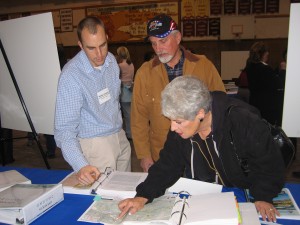11 Aug When CEQA/NEPA Public Outreach Requirements Aren’t Enough
 Author: Natalia Clark Hentschel
Author: Natalia Clark Hentschel
Public participation is an essential part of the California Environmental Quality Act (CEQA) process. – CEQA Guidelines Section 15201
“Agencies shall make diligent efforts to involve the public in preparing and implementing their National Environmental Policy Act (NEPA) procedures.”- Guidelines for Implementing NEPA Part 1506.6
One of the primary functions of environmental documents prepared under CEQA and NEPA is to involve the public in proposed projects and provide information to people who could be impacted. Both CEQA and NEPA outline specific public involvement requirements in their respective regulations to fulfill this purpose; however, achieving project success is often assisted by going beyond the legal requirements and expanding public involvement opportunities.
When should a lead agency consider a more robust public involvement program? Here are 8 prime opportunities:
- Environmental impacts or benefits span a wider geographic area than the local project area.
- Environmental impacts or benefits affect a diverse set of stakeholders.
- Project benefits are generalized while environmental impacts are localized.
- The project, in part or whole, is related to a controversial topic.
- Project misinformation is likely. For example, the project could be easily confused with another project or program.
- The project’s name includes a word or term that implies an activity or action negatively perceived by stakeholders and the public, such as “expansion” or “clean up.”
- A different but concurrent project or program may negatively impact the proposed project.
- The project description is not finalized and there is room for the public to shape it.
At Katz & Associates, we work with our clients to develop tailored, comprehensive public involvement plans for CEQA and NEPA projects. Our plans are based on proactive community assessments and situation analysis that take the aforementioned scenarios – and others – into consideration. In doing so, we not only help the lead agency meet state and/or federal regulations, we also establish and maintain an open and transparent communication process that increases agency credibility and maximizes project success.
